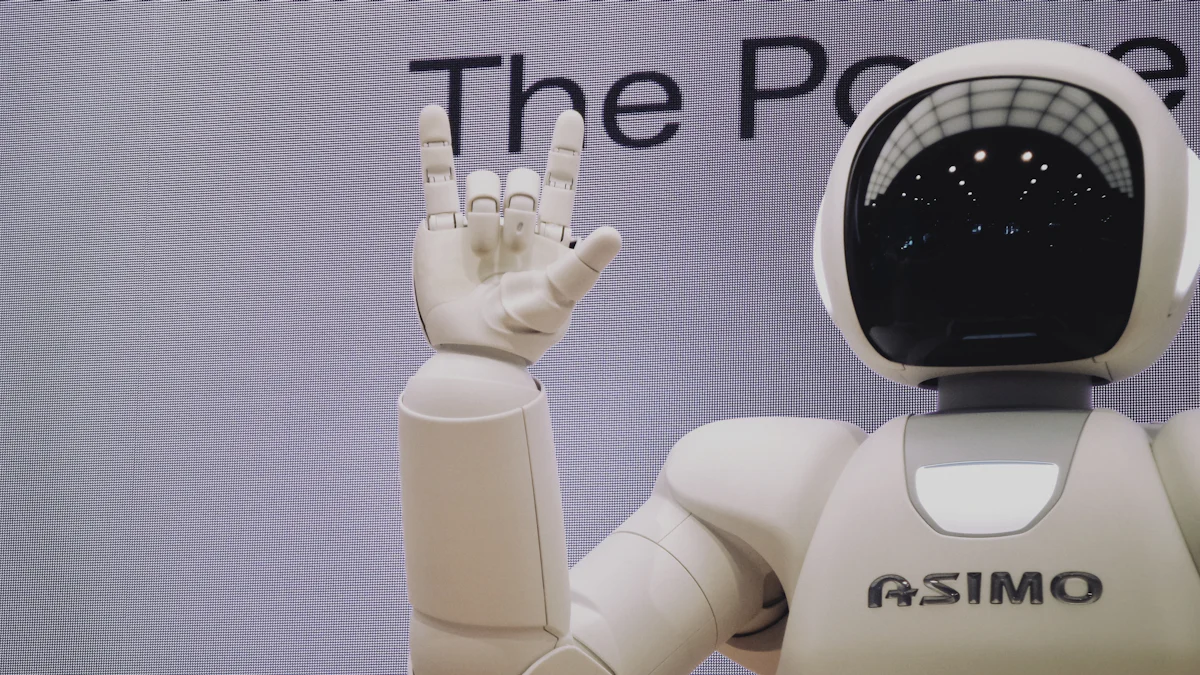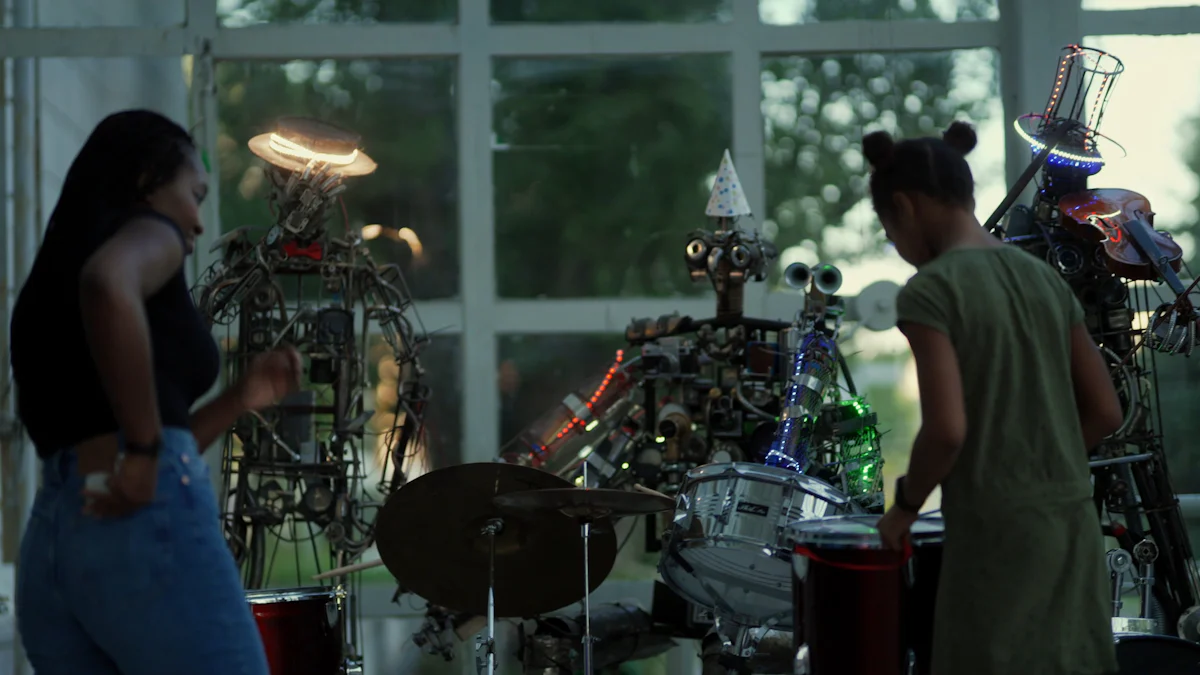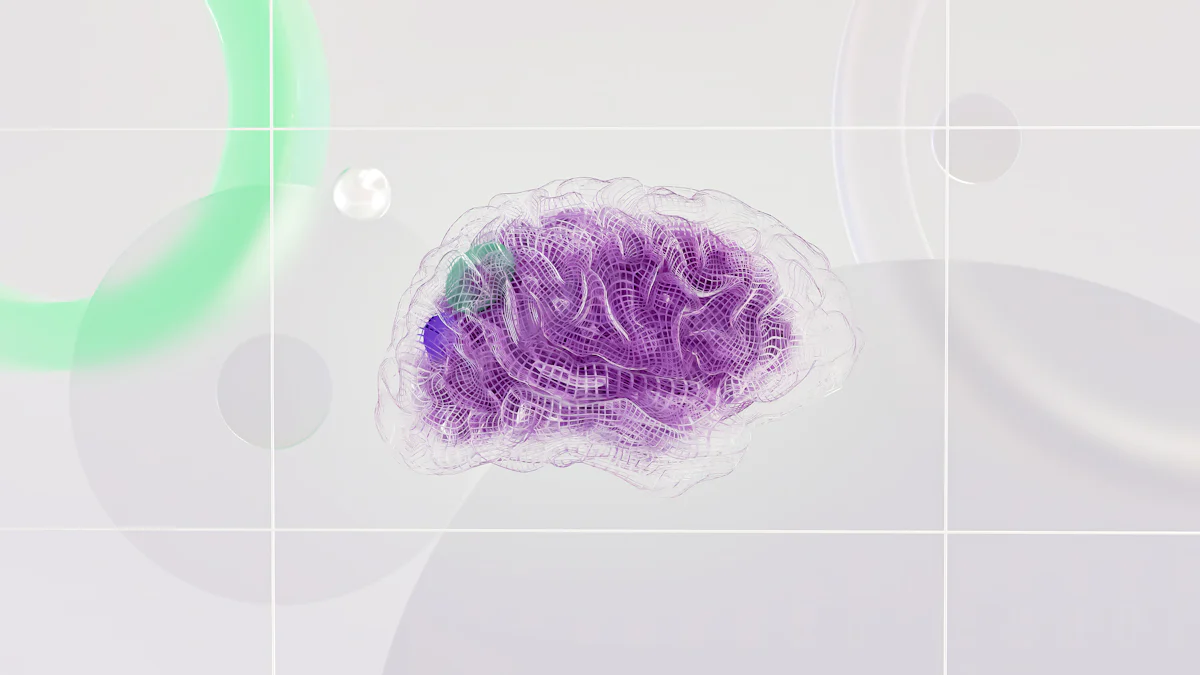Ethical Considerations in AI-Generated Music

AI technology is transforming the music industry by accelerating the release of songs and introducing AI-generated compositions. This shift raises important ethical considerations, such as the potential for oversaturation and the impact on artists' careers. AI can imitate artists' voices without consent, posing questions about intellectual property and creative ownership. As AI becomes integral to music production, understanding its ethical implications becomes crucial for ensuring fair and transparent practices.
Ethical Considerations in AI-Generated Music
Understanding AI-Generated Music
Definition and examples
AI-generated music refers to compositions created with the assistance of artificial intelligence. These compositions can range from simple melodies to complex symphonies. AI systems analyze vast amounts of musical data to generate new pieces. For instance, AI can produce music by mimicking the style of famous composers or creating entirely new genres. Examples include AI-generated pop songs and classical pieces that blend traditional and modern elements.
Current technologies used
Several technologies drive AI-generated music. Machine learning algorithms play a crucial role by analyzing patterns in existing music. Neural networks, such as deep learning models, enable AI to understand and replicate musical styles. Tools like OpenAI's MuseNet and Google's Magenta project showcase the capabilities of AI in music creation. These technologies allow AI to compose music that resonates with human emotions and creativity.
The Creative Process and Ethics
How AI assists in composition
AI assists musicians by providing tools that enhance their creative process. It can suggest chord progressions, generate melodies, and even create entire compositions. Musicians use AI to experiment with new sounds and ideas, expanding their creative horizons. According to a project at Purdue University, AI tools help string performers improve their practice and performance, demonstrating AI's potential to support musicians while preserving their creative abilities.
Collaboration between AI and human artists
Collaboration between AI and human artists leads to innovative musical creations. Artists use AI to explore new possibilities and push the boundaries of traditional music. This partnership allows musicians to focus on their artistic vision while AI handles repetitive tasks. Ethical considerations arise in this collaboration, as artists must evaluate the impact of AI-driven processes on their work. Ethical frameworks guide artists in integrating AI technologies into their creative endeavors, ensuring that AI complements rather than replaces human artistry.
Positive Impacts of AI in Music

Democratization of the Music Industry
Accessibility for new artists
AI technology opens doors for aspiring musicians. It provides tools that simplify music creation, allowing individuals without formal training to produce quality compositions. New artists can access platforms that offer AI-generated beats and melodies, leveling the playing field. This accessibility encourages diverse voices in the music industry, fostering a rich tapestry of sounds and styles.
Cost reduction in music production
AI reduces the financial barriers associated with music production. Traditional recording processes often require expensive studio time and professional expertise. AI tools streamline these processes, offering cost-effective alternatives. Musicians can now produce, mix, and master tracks using AI software, significantly lowering production costs. This affordability empowers independent artists to release music without the backing of major labels.
Innovation and New Genres
Creation of unique sounds
AI contributes to the creation of novel sounds that challenge conventional music norms. By analyzing vast datasets, AI generates compositions that blend different musical elements. This innovation leads to the emergence of new genres and styles. For example, AI-assisted projects like Holly Herndon and Mat Dryhurst's Spawning API demonstrate how AI can respect artistic integrity while producing fresh, unique music.
Expansion of musical boundaries
AI expands the boundaries of what is musically possible. Artists use AI to explore uncharted territories, pushing the limits of creativity. The Beatles' use of AI to bring John Lennon's unreleased demo to life exemplifies this potential. Such collaborations between AI and artists result in groundbreaking works that redefine musical expression. AI's role in expanding musical horizons continues to inspire and challenge artists worldwide.
Ethical Concerns and Challenges
Perpetuation of Bias and Stereotypes
Bias in AI algorithms
AI algorithms often reflect biases present in the data they are trained on. These biases can manifest in AI-generated music, leading to the perpetuation of stereotypes. For instance, if an AI system learns from a dataset that predominantly features a specific genre or cultural style, it may produce music that lacks diversity. This raises significant ethical considerations, as it can reinforce existing biases rather than promote inclusivity. Developers must ensure that AI systems are trained on diverse datasets to minimize bias and create music that represents a wide range of cultures and styles.
Impact on cultural diversity
The impact of AI-generated music on cultural diversity is profound. While AI has the potential to introduce new sounds and genres, it can also homogenize music by favoring popular styles over niche or traditional ones. This poses a threat to cultural diversity, as unique musical expressions may become overshadowed by mainstream trends. Ethical considerations demand that AI developers prioritize cultural representation and diversity in their algorithms. By doing so, they can help preserve the rich tapestry of global music traditions and encourage the creation of innovative, culturally diverse compositions.
Intellectual Property and Ownership
Rights of AI-generated works
The question of who owns the rights to AI-generated music remains a complex issue. Traditional copyright laws do not clearly address the ownership of works created by non-human entities. This ambiguity presents challenges for artists and developers alike. According to the U.S. Copyright Office, there are guidelines for applying for copyright registration of works made with generative AI. However, these guidelines are still evolving, and the legal landscape continues to adapt to the rapid advancements in AI technology. Artists and developers must navigate these uncertainties to ensure that intellectual property rights are respected and upheld.
Legal implications for artists
The legal implications of AI-generated music extend beyond ownership rights. Artists face challenges related to attribution and compensation when collaborating with AI systems. If an AI tool contributes significantly to a composition, determining the appropriate credit and compensation becomes crucial. Additionally, the use of copyrighted material in training AI models raises ethical considerations. It's unclear how intellectual property will play out in the training data sets used to create AI tools and in the new music generated from them. Artists and developers must work together to establish clear guidelines and agreements that protect the rights of all parties involved.
The Future of AI in Music

Potential Developments
Advancements in AI technology
AI technology continues to evolve, promising exciting developments in the music industry. Researchers and developers are working on more sophisticated algorithms that can understand and generate music with greater nuance. These advancements aim to enhance AI's ability to mimic human creativity while maintaining the integrity of the original compositions. As AI becomes more adept at understanding musical structures, it can assist artists in creating complex pieces that resonate with audiences on a deeper level.
Integration with traditional music
The integration of AI with traditional music offers new opportunities for artists. Musicians can use AI tools to blend classical techniques with modern sounds, creating innovative compositions that appeal to diverse audiences. This fusion of old and new allows artists to explore uncharted musical territories, pushing the boundaries of what is possible. By incorporating AI into their creative processes, musicians can expand their artistic horizons while preserving the essence of traditional music.
Balancing Innovation and Ethics
Ensuring ethical AI use
Ensuring ethical AI use in music requires careful consideration of its impact on artists and the industry. Artists must evaluate the potential effects of AI-driven creative processes, ensuring that AI serves as a tool for enhancing creativity rather than replacing it. Ethical frameworks guide musicians in using AI responsibly, promoting creativity with integrity and solidarity. By prioritizing ethical considerations, artists can shape the future of AI in music in a way that benefits both creators and audiences.
Role of regulations and guidelines
Regulations and guidelines play a crucial role in balancing innovation and ethics in AI-generated music. Policymakers and industry leaders must collaborate to establish clear standards that protect the rights of artists and ensure fair practices. These guidelines should address issues such as intellectual property, attribution, and compensation, providing a framework for ethical AI use. By implementing robust regulations, the music industry can foster an environment where AI technology enhances creativity while respecting the contributions of human artists.
AI-generated music presents both opportunities and challenges. The blog explored key points, including the democratization of music creation and the potential for bias in AI algorithms. Addressing ethical considerations is crucial to ensure that AI enhances rather than diminishes human creativity. As AI continues to evolve, the music industry must balance innovation with ethical practices. By doing so, it can maximize benefits while minimizing harms, paving the way for a future where AI and human artistry coexist harmoniously.
See Also
Exploring the Moral Dilemmas of AI-Created Content
Leveraging AI for Musical Composition
Is AI-Created Art Truly Artistic?
